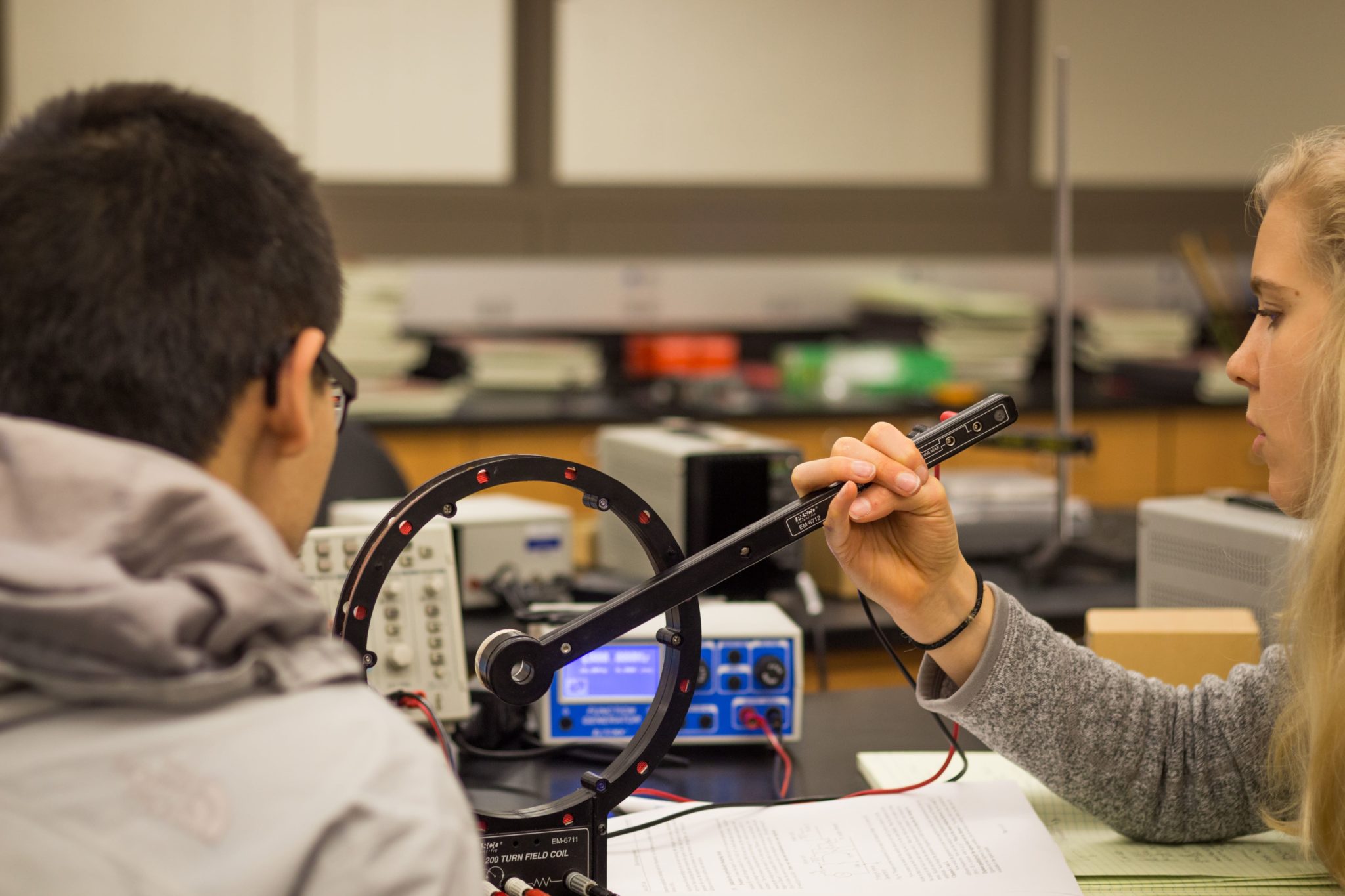
Despite an increased demand for government funding within the University, many Faculty of Arts and Sciences professors noted increased grant rejection within their departments, forcing them to scale back or shut down projects without the necessary resources.
According to data from the National Science Foundation, federal agencies funded less than 50 percent of the $86 billion spent on basic research in 2015, down from the more than 70 percent the federal share reached through the 1960s and 1970s. Professors diverged on whether recent changes in government spending have affected research in their respective departments. Scott Holley, professor of molecular, cellular and developmental biology, said that funding for the biological sciences has seemingly increased in recent years. The School of Medicine has experienced an increase in its overall grants and contracts income over the past several years.
Still, other professors criticized the decreased government funding of the sciences relative to the demand — citing difficulties in maintaining labs and research and noting the increased time and effort needed to attain competitive grants. Criticizing the current level of federal spending, molecular, cellular and developmental biology professor Joel Rosenbaum said that while grants proposals and requests within academia have increased, government funding of scientific research has remained largely static.
“You can’t spend billions of dollars on wars overseas and expect to have money to put into things like the sciences and the [National Institutes of Health] at home,” Rosenbaum said. “In the meantime, the machinery that’s producing the people that are applying for the money are churning out more and more people. … That money comes from taxes which are used to support wars, not infrastructure for the country nor are they used to increasing support of health research.”
According to the 2018 Yale Budget Book, the overall revenue of the Faculty of Arts and Sciences has grown in recent years, but overall income from grants and contracts has decreased from $122 million to $117 million from 2014 to 2018.
Yet, the School of Medicine has increased its income from grants and incomes by nearly $90 million from 2015 to 2018, according to the 2018 Yale Budget Book. The increase was timed with the approval of a $1.3 trillion spending deal in 2018 from the federal government, which increased budgets of a number of agencies, including the NIH, the NSF and the National Oceanic and Atmospheric Administration.
According to Vice Provost for Research Peter Schiffer, grant and contract income in the FAS depends on a variety of factors including the type of research being conducted.
“The income also depends on the availability for research funding from the federal government and other sources for the types of research that Yale researchers want to pursue. Research at Yale is also supported by internal university funds, as well as funds provided by gifts to the University,” Schiffer wrote in an email to the News.
MCDB Professor Stephen Dellaporta said that the situation regarding funding in the sciences was complicated. According to Dellaporta, his lab has been continuously funded since he arrived at Yale in 1986 but that fluctuations in budgets are common. He added that new faculty in the department “have been extremely successful in securing research funding for their labs.”
According to MCDB professor Paul Forscher, the NIH budget was spared from proposed cuts but funding for the sciences in general has “remained flat or decreased under the Trump administration.” He added that the competition for these funds is fierce and stated that the decrease in FAS grant income did not surprise him.
Still, professors like Rosenbaum state that they have seen higher rejection rates of grant proposals during recent years. In May of 2018, Rosenbaum closed his lab due to budgetary constraints after the National Institutes of Health denied his grant. His lab had operated for approximately 50 years. The professor expressed frustration that Yale did not allocate money to cover funding losses.
“If Yale wants a research organization to function here, they’re going to have to support it themselves. Yale money. Not on government money,” Rosenbaum said. “That means putting some of their own money on research support.”
Yet, physics professor Steve Lamoreaux said he did not necessarily think the University should cover funding losses. When the NSF renewed his grant going into 2017, the first year of the Trump administration, his research budget was cut by approximately $250,000 from its roughly $1 million operating budget. As a result, he could not afford to hire a postdoctoral researcher. He says he hopes these recent trends are “not a death spiral,” but they will eventually “fizzle out,” allowing him to return to his former budget.
Maureen Long, professor of geology and geophysics, said that while her research group has been adequately funded, she has noticed that success rates of proposals have decreased. She said that in general, government-sponsored grant funding has become harder to attain in recent years.
“One thing that I think will be important going forward is for Yale to recognize that the federal funding landscape is changing, and to take that into account in promotion and tenure decisions for faculty,” Long said.
The NSF was founded in 1950.
Carly Wanna | carly.wanna@yale.edu







